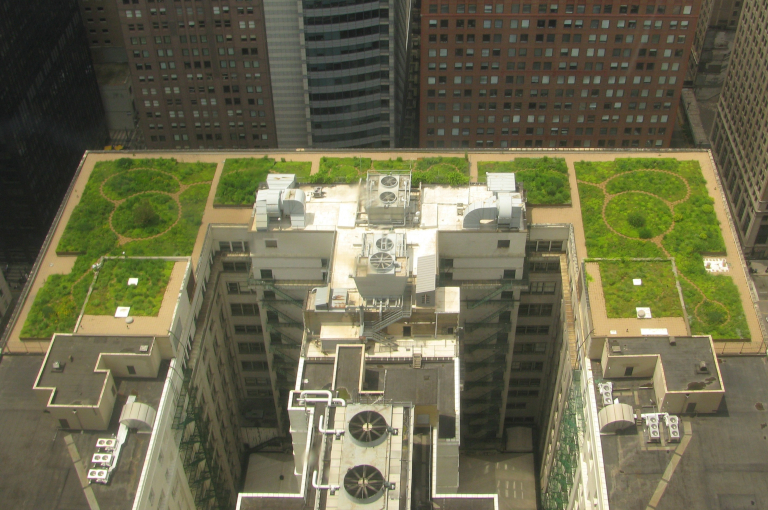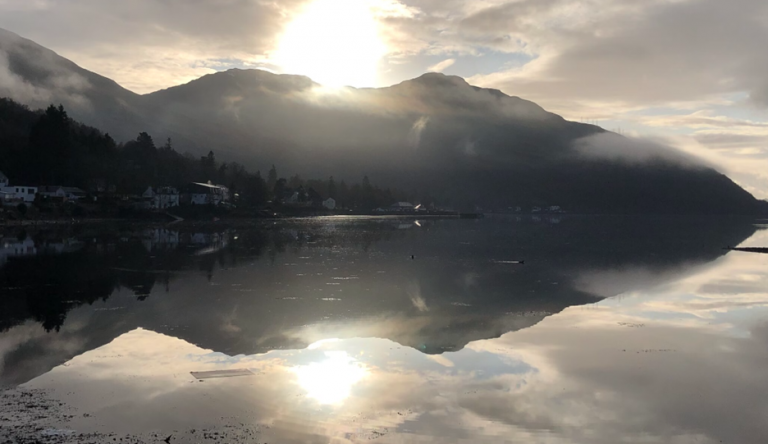2025 Must Be The End Of Inane Rule Of Climate ‘Optimism’
Allow yourself a very brief thought-experiment… What if 2025 had been the year the UK finally met its legally binding commitment to eliminate dangerous carbon emissions?… What if the mass climate mobilisations of the late 2010s had succeeded in forcing governments to act at the speed science demanded? In that alternate reality, life would almost certainly feel calmer, safer and more predictable than it does now.
As 2025 draws to a close, however, we are confronted by a harder truth. Britain is nowhere near zero carbon.








